China's Shopping Centers Recovered to Nearly 60% of Pre-Covid-19 Level | Luxe.Co News BriefяМIssue 4 of 2020
May 18,2020
Brand
lululemon Opens Its Biggest Store in Hong Kong
Canadian healthy lifestyle-inspired athletic apparel company lululemon has opened a new 529-square-meter store in Harbour City Mall, Tsim Sha Tsui, its seventh and largest store in Hong Kong. To celebrate the grand opening, lululemon has also unveiled a limited-edition line of Swarovski Wunder Under pants, decorated with Swarovski crystals, selling for HK$6,588. As of February 2, lululemon has 491 stores worldwide, with 38 of them in China.
lululemon reported net revenue of US$4 billion in its 2019 fiscal year (as of February 2, 2020). Total comparable sales rose 17 percent, with same-store sales up 9 percent year-over-year (year-over-year growth of ten percent at constant exchange rates).Net sales of direct-to-consumer business grew 35 percent year-over-year.
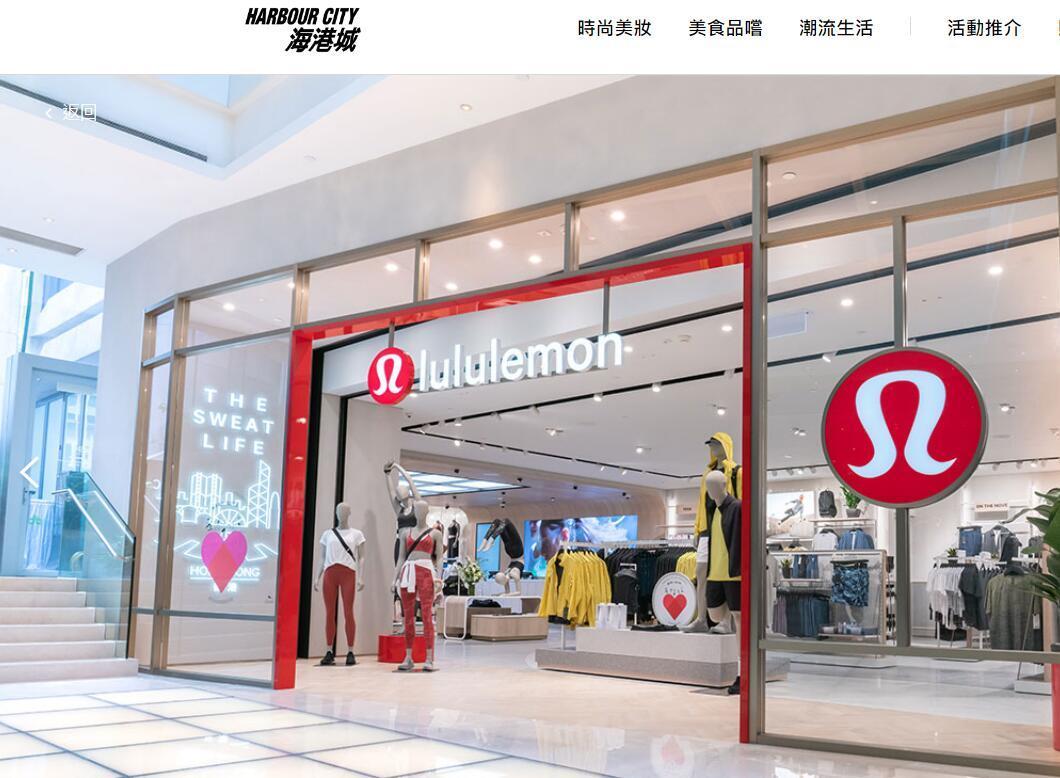
Despite its strong performance in the fiscal year 2019, lululemon has temporarily closed many stores around the world over the past two months because of the Covid-19 outbreak. In February, lululemon temporarily closed all of its retail stores in mainland China. Since March 16, it has also closed stores in North America and Europe, as well as other places. lululemon's stores in China, with the exception of Wuhan, have since reopened.
Revlon is Returning to China via Online Channels After Completing an $850 Million Refinancing
In the fall of 2019, the US cosmetic brand Revlon opened its official Tmall flagship store, announcing its official return to the mainland China market. With the help of Tmall, the distribution platform, and KOLs, Revlon is expected to see strong brand sales growth, with China expected to become the second-largest market for the brand after the United States.
In addition, Revlon, Inc. has completed a US$850 million refinancing facility, through Investment Bank Jefferies Finance LLC, to pay for a preferred loan due in February 2021 and a term loan due in 2019.

Supreme Successfully Registers Its Trademark in China
In June last year, the Chinese Trademark Bureau revoked the registered trademark of the fake brand Supreme Italia, which had set up a shop on Huaihai Road in Shanghai. Today, the American streetwear brand Supreme has successfully registered its trademark in China.
It is reported that the Chinese Trademark Bureau approved Supreme's trademark registration application on January 21, with products covering shoes, clothing, accessories, and so on.
L'OrУЉal Participates in Shanghaiтs May 5th Shopping Festival, Posting a 6.4% Upturn in Q1
In order to boost sales, L'OrУЉal Group joined Shanghaiтs recent May 5th Shopping Festival, with more than ten cosmetic brands from the group launching hundreds of "new releases", including new brands, new products, new technologies, new content, and new retail channels.
Urban Decay, the high-end cosmetics brand owned by L'OrУЉal, was officially launched in China in early April with the opening of its official flagship store on Tmall. To date, its cumulative sales rank first in Tmallтs international cosmetics category.
L'OrУЉal also bucked the trend with 6.4 percent growth in Q1. The rapid and strong rebound of China's domestic consumer market has brought confidence to L'OrУЉal. The company is looking forward to working with consumers and other partners to accelerate the growth of China's beauty industry.
Retail
During the May Day Holiday, Shopping Centers in China as a Whole Recovered to Nearly 60 percent of 2019 Levels
Data shows that this year's May Day Holiday domestic consumer market was strong. According to the Ministry of Culture and Tourism, a total of 115 million domestic tourists traveled around the country during the May Day Holiday this year, generating revenue of 47.56 billion yuan.
Consumption in the entertainment and F&B industries has soared. According to WeChat data, total offline consumption on WeChat Pay during the May Day Holiday increased by 30 percent compared with April, which surpasses the figure for December last year. Compared with the same period in March, the entertainment industry increased by 521.60 percent during the May Day holiday, while the F&B industry increased by 216.25 percent; the retail industry by 48.44 percent; and the travel industry by 64.48 percent.
According to Winshang Data, who monitored 74 typical shopping centers in cities such as Beijing and Shanghai from May 1 to May 5, 2020, average daily traffic flow reached 17,000. This is a recovery of about 58 percent compared to the same period last year.
From May 1 to May 5, Wanda Group found that the total traffic flow at Wanda Plazas in China recovered 93 percent and that total sales recovered 95 percent, compared with the same period last year. In the same period, Grand Joy Holdings Group found that total sales exceeded 433 million yuan, nearly 184 percent higher than the previous month -- effectively a full recovery to the same level as last year. Guangzhou Grandbuy reached sales of 130 million yuan during the May Day Holiday, representing year-over-year growth of nearly 13 percent. Galaxy Holding Group found that total sales increased by 64.1 percent from April 24 to May 5.
Hong Kong March Retail Sales Plunge 42 percent Year-Over-Year Due to Coronavirus, its 14th Straight Month of Decline
Hong Kong's retail sales fell by 42 percent in March from a year earlier, as travel restrictions kept tourists away and most residents steered clear of shops and restaurants for fear of catching the coronavirus.
Sales dropped to 23 billion Hong Kong dollars, government data showed on Tuesday, the 14th consecutive month of decline. February's fall was 44 percent. In volume terms, retail sales in March fell by 43.8 percent, compared with a 46.7 percent drop in February.
Sales of jewelry, watches, clocks and valuable gifts, which rely heavily on mainland tourists, plunged 75.2% year-on-year in March, compared with a 78.5% drop in February. Medicines and cosmetics fell 63.8%, while department store sales dropped 42.7%.
Consumers
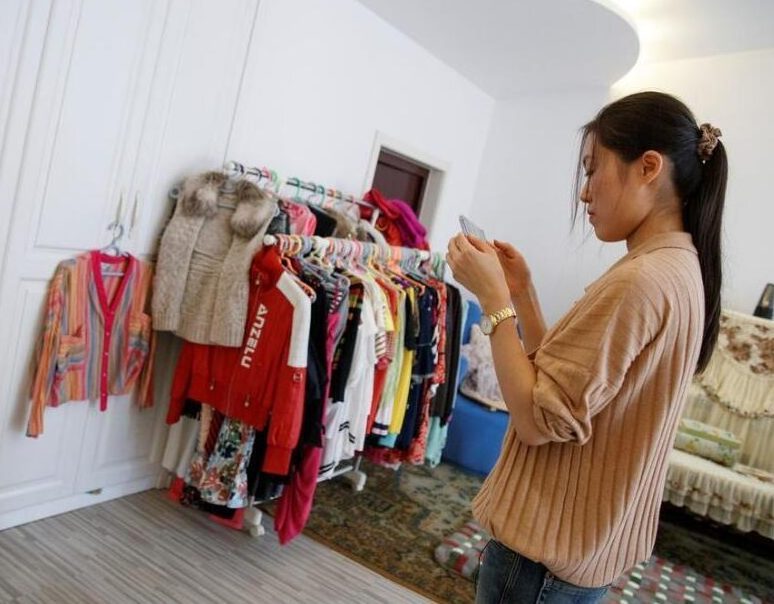
#Ditchyourstuff, The Impact of the Pandemic on the Behavior of Young Consumers in China
The quarantine has given consumers plenty of time to reflect and consider what is most important to them. People may have been shy about buying second-hand goods in the past, but now online bargains have become a new trend for some Chinese. Alibaba, the parent company of the C2C second-hand goods trading platform Idle Fish, said that it hit a record number of daily transactions in March. Government researchers predict that the trade of second-hand goods in China could exceed 1 trillion yuan this year.
According to a recent survey by McKinsey & Co., 20 to 30 percent of Chinese respondents said they would continue to be cautious and reduce their consumption slightly, and in a few cases, reduce it significantly. But there are also signs that consumers will engage in "retaliatory shopping" as the government re-opens shopping centers and tourist attractions to make up for lost shopping opportunities during the quarantine, and drive a spending boom.
| Photo Credit: Harbour City Website, Revlon Website,Т VCG
| Editor: Maier





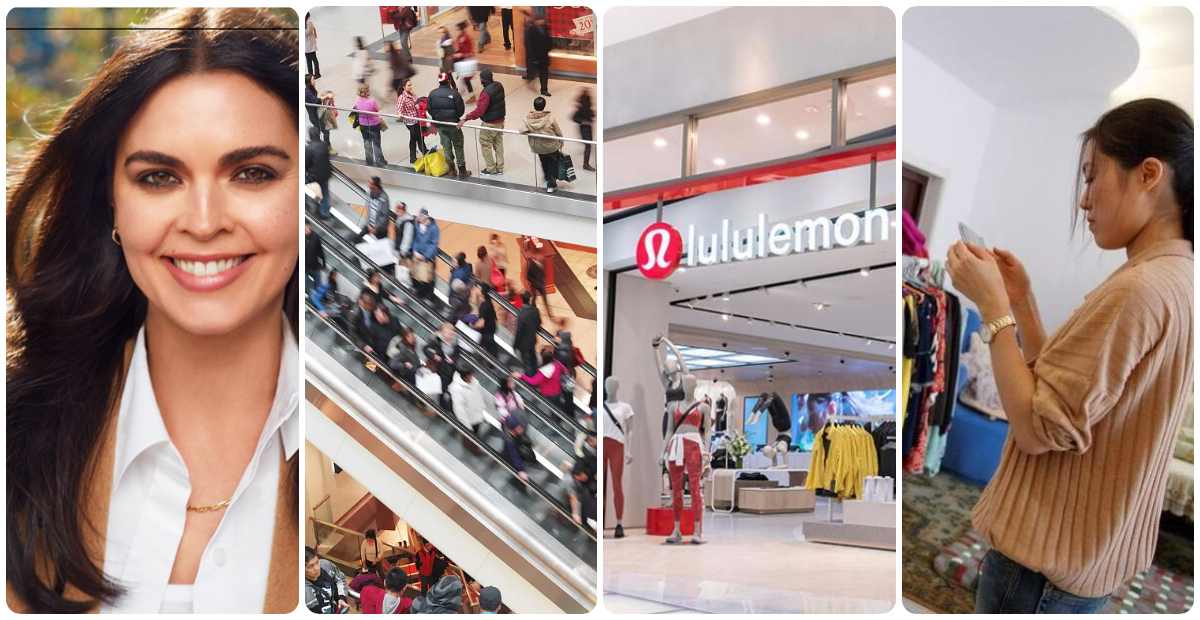
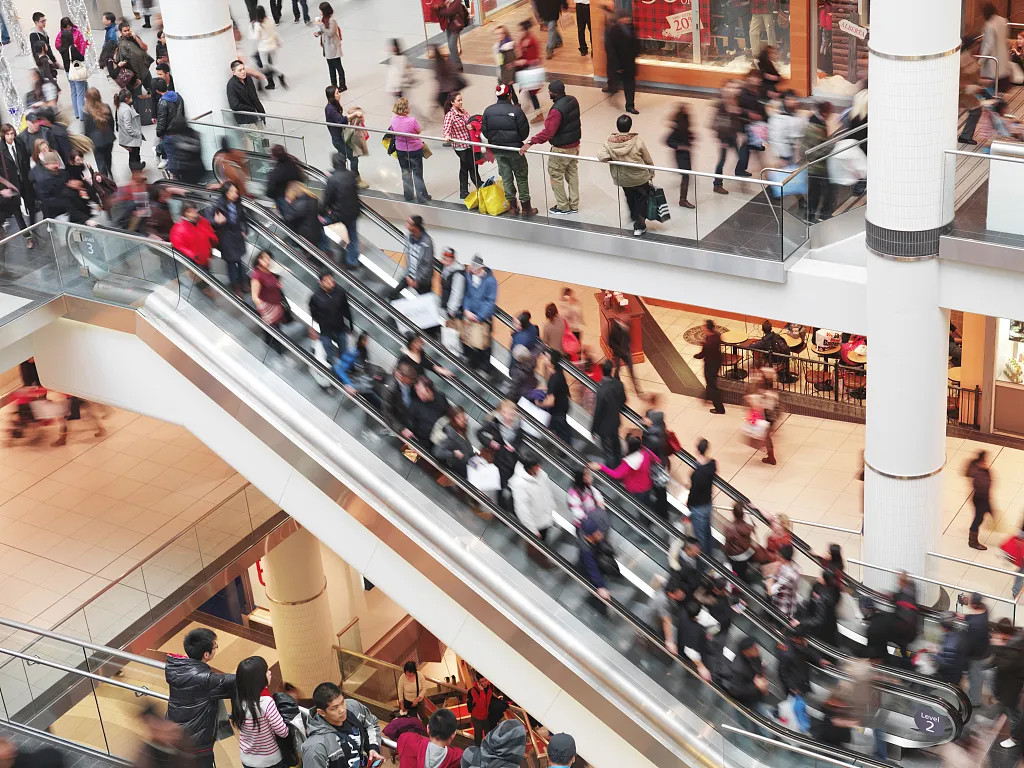
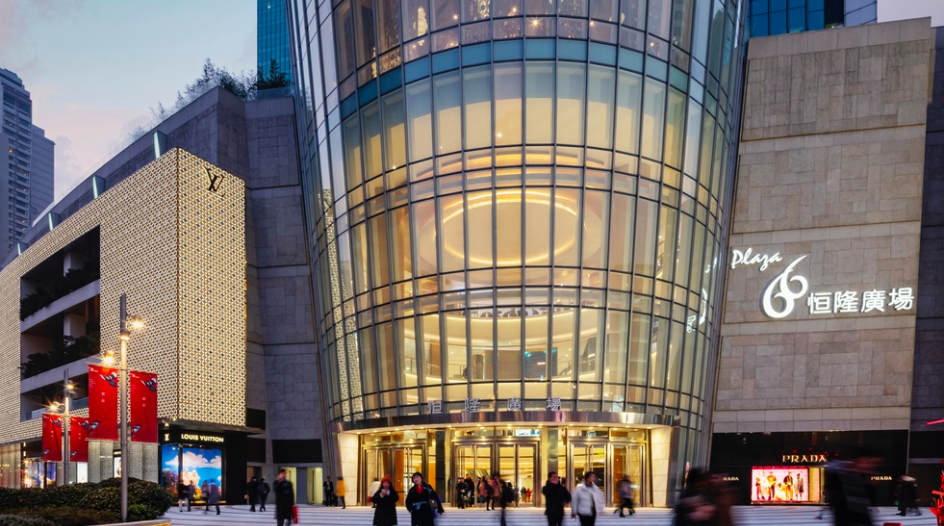






Comments